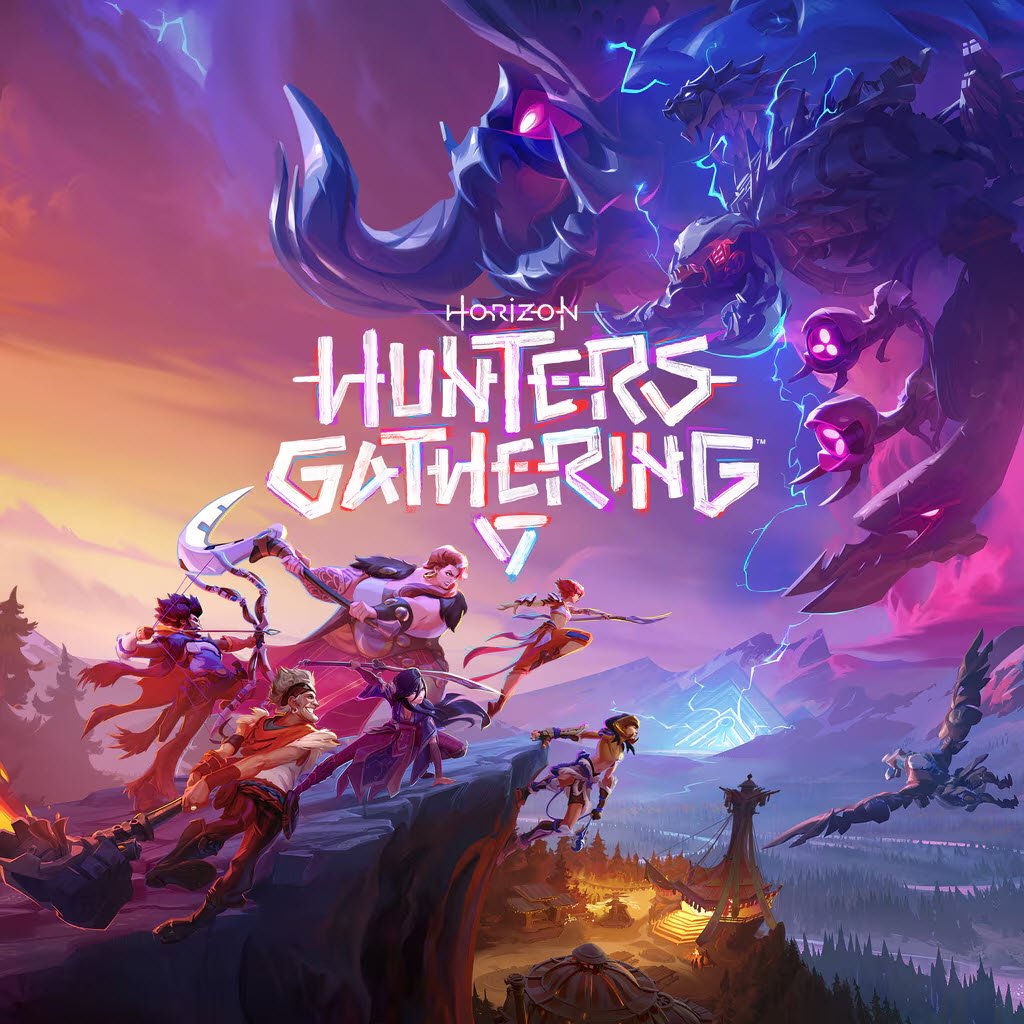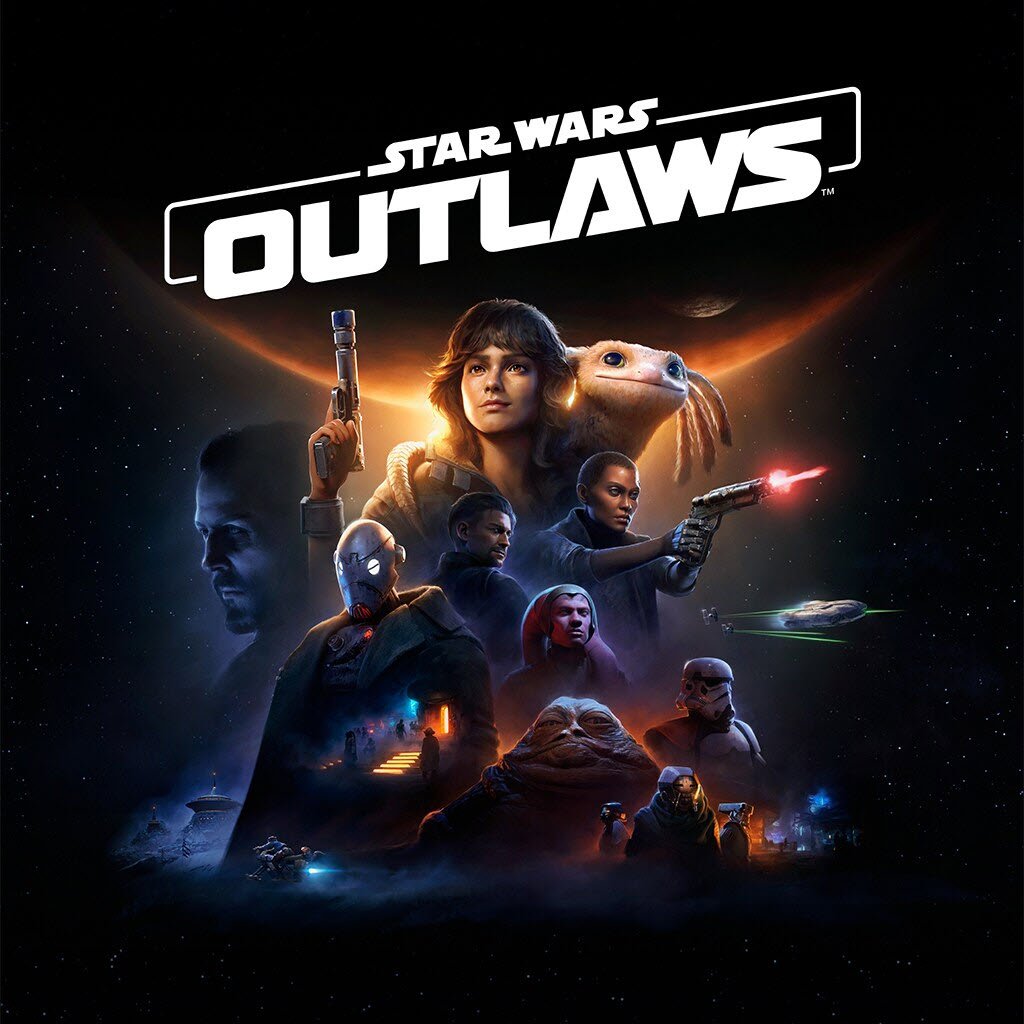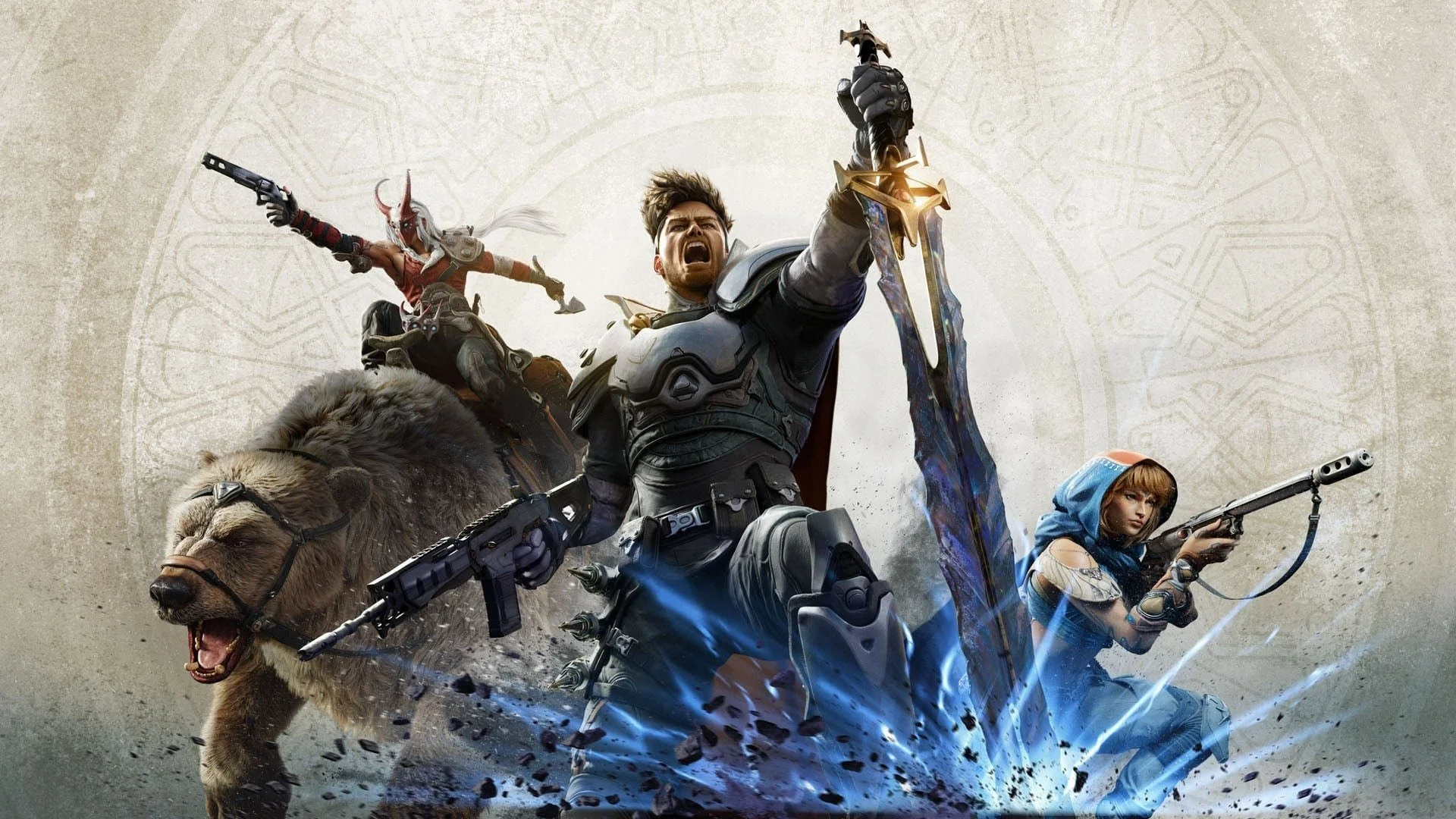Another Crab's Treasure | Battle for Bikini Bloodborne
I came across Another Crab’s Treasure on the Steam store page and thought nothing of it until I saw a video of popular YouTubers playing it and claiming it was a Souls-like. There are countless Souls-like video games out there—many are not any good—so that doesn’t instantly sell me on the idea. However, after watching a self-aware and somewhat comical introduction chapter in the game and seeing the mechanics on display during the YouTubers’ many attempts at the first boss fight, I became intrigued and decided to buy the game, which was only charging $30 for its new-release price.
It didn’t take long for me to figure out that this was more than your typical Souls-like. It was less of a cheap attempt at something similar to a From Software video game like Lords of the Fallen or The Surge and more of a loving homage to From Software’s various titles, including Dark Souls, Bloodborne, and Sekiro. It has elements of all those games in its gameplay, with some overt nods to them in its story as well. It all culminates in a simpler version of a From Software classic that manages to inject some humor and light-hearted fun that all of their franchises tend to lack.
Image: Aggro Crab Games
The Short of It
What I’ve Played
Ver 1.0.102.5
Campaign to completion
20+ Hours
Pros
Relatively responsive controls that are what you expect for a Souls-like game
Some funny characters and dialogue, with decent voice acting and writing
Deeper mechanics and skill trees that allow you to play to the style of game you want (Dark Souls, Bloodborne, or Sekiro)
Decent platforming puzzles to break up the combat
Strong enemy attacks and challenging combat with surprising depth
Cons
Occasional weirdness with invincibility frames during dodges
Some button inputs get eaten for reasons unknown
Relatively basic and barren environments
Certain viewpoints clumsily inserted into the story
A few disappointing boss fights
Some dull music tracks make certain areas feel boring or empty
No New Game+ as of the time of writing the review
The Rest of It
Story
You play as a simple, friendly hermit crab named Kril, who is minding his own business when someone using a shark claw toy shows up to his tidepool and demands his shell as collateral for unpaid taxes. Determined to get his shell back, Kril sets out on an adventure to find out where his shell has been taken and soon finds himself on one quest after another, doing favors for the eccentric populace of his ocean, joining a treasure hunt in the process. Along the way, various critters of the ocean seem to be going mad from some toxic sludge that has invaded the ecosystem.
Image: Aggro Crab Games
It’s a very simple story in which a character whom everyone underestimates goes out on a mission to reclaim his property and kills a lot of enemies along the way. Another Crab’s Treasure is much less serious than most tales that involve as much violence and vengeance as it is very tongue-in-cheek with its humor and self-aware style. There are lots of puns scattered around the world and playful reimaginings of different objects from the real world. For example, batteries that are the Durashell brand or cigarettes called Mario that have the Marlboro branding look and a warning that says use of the cigarettes may lead to carcinization. It takes a while before you get to the treasure hunt part of the story, but that becomes the primary focus of the plot for a while and leads to some interesting areas. Along the way, Kril goes through his own character arc of a crab obsessed with finding his shell and learning that he is becoming a hero to the locals—even though you could argue he’s killed far too many aquatic residents to be considered a hero.
Another Crab’s Treasure’s story is a fun and entertaining journey that mimics classic Westerns about reluctant heroes who get pulled into the issues and drama of a small town, i.e. Shane, Tombstone, etc. The only downside to the story is that it’s a modern piece of fiction, which means that it has to have a message that is not-so-subtly hammered home before the game’s end. The game’s economy revolves around microplastics, and the ocean floor is covered with pollution and trash that you need to progress, so you kind of know what you’re in for when it comes to environmental messaging. Surprisingly, that’s not really the big issue that the plot wants to focus on as a massive negative. It’s there in the open, but there’s not really much discussion or a big soap-box speech about the dangers of pollution, as you might expect. THAT element of the world is handled with a little more nuance and comedy.
Image: Aggro Crab Games
What DOES get the focus is privilege and capitalism, especially in the final act. Multiple times before the game ends, Kril screams about how some people just “get what they want” and don’t have to struggle. There are also several irredeemable characters who are meant to represent the concepts of privilege and how terrible capitalism is. I don’t have an issue with these ideas being explored or represented in a negative light as long as it’s done well and not overtly distracting to the point that I can’t help but roll my eyes. Up to the point that Kril flips his lid, privilege is barely even mentioned and the capitalists are either the funny butt of a joke or the evil business tycoon archetype that appears in countless stories about the wandering warrior—the dynamic is practically a copy of Roadhouse. Once Kril decides to get angry and vent, he sounds like a young person straight out of college with a lot of ideas and no real statistics or facts to back up his arguments.
I had been playing Another Crab’s Treasure in the evenings after work in about 2-hour segments with my lady on the couch. I was certainly frustrated by some boss battles, but I was still enjoying myself greatly. I even said aloud, “This is probably the best souls-like game I’ve played in years.” When the final act of the game opened with Kril’s first lamentation about society, however, I started to get worried. By the time the game ended, I was immensely disappointed by a number of things, including the overt messaging and a botched opportunity for a good boss fight based on a budding rivalry.
Image: Aggro Crab Games
Despite my disappointment and its simplicity, I still think the story of Another Crab’s Treasure is good as an overall adventure. There were some solid jokes that made me laugh out loud, and the characters are written well enough to make the story engaging. I just wish certain things about Kril’s arc weren’t hurt by the clumsy attempts of the writers to force in their political viewpoints.
Gameplay
Another Crab’s Treasure wears its inspirations proudly on its sleeve, occasionally to its detriment. Despite its cheery exterior and colorful art style, this game is a Souls/Bloodborne/Sekiro-like, through and through. It just has a few extra mechanics to make it not quite a direct clone of those types of games.
Like the From Software games of the past decade, the combat is extremely punishing and forces you to be smart about how you handle hostile encounters. A simple missed swipe can lead to immediate death, even with full health. Surviving these encounters and defeating enemies yields microplastics that act as both your currency and your experience points you need to level up Kril. If you die, you lose all your unspent microplastics and return to the last checkpoint. If you are able to make it back to the spot where you died, you can reclaim your microplastics, but if you die along the way, you lose them forever. Sound familiar?
Image: Aggro Crab Games
If it’s closest to any of the From Software games, it’s Sekiro. Kril is agile for a hermit crab as he can jump, dodge, and even use a grappling hook. There’s also a balance mechanic in which delivering enough hits to an enemy fills up a small meter by their health bar. Once full, a heavy attack will knock them over and leave them open to devastating combos or extremely damaging attacks. You also gain access to the ability to deflect attacks with your shell, further knocking the enemies off-balance when timed correctly. The weaker enemies usually die before they lose their footing, but that doesn’t mean they can’t still kill you with one or two hits.
Where Another Crab’s Treasure differs from its inspiration is in the specific mechanics. The main mechanic of note is Kril’s shell. Despite his goal of getting his original shell back, Kril is still a hermit crab and able to make use of other types of objects scattered about the ocean floor as his temporary shell. This includes soda cans, prescription bottles, springs, fuses, baby shoes, tennis balls, thimbles, snow globes, and other random items he can somehow manage to squeeze his butt into. Each type of “shell” has durability to it, so you can block attacks with it to deflect most of the damage, but it will eventually break. Releasing the block button at the right time causes the deflection parry I mentioned, which can mitigate the damage done to the shell and throw the enemy off balance. When Kril does not have a shell, his defense is lowered significantly, and he can die much faster than he already does, so you want to make sure to have a shell at all times. You want a shell not just for the extra defense and the blocking capabilities, but also for the special “Umami” move each shell has. Umami is essentially the magic of the game. The quality of these shell spells ranges from mildly useful to completely overpowered. My version of Kril was always very melee-focused, but I would be lying if I didn’t say that I relied on certain spells by the end of the game.
Image: Aggro Crab Games
In addition to the shells and Kril’s primary fork weapon, there are the special skills that can be unlocked and the “stowaways” you can find or buy. Stowaways are essentially charms you can add to Kril to boost his stats or abilities. You can swap them in and out whenever you want, and they can have a dramatic effect on how you deal with certain situations. It was something I didn’t really engage with until late in the game, but I found them essential in particular encounters. I did, however, fully engage with the skills tree, as there were some specific abilities that I bee-lined for because they were the Bloodborne mechanics like replenishing shell durability with hits and riposte attacks after successful dodges or parries. Some specific skills that relate to your shells, when combined with an Umami ability, make an already powerful Umami ability that much more impressive. Along the way, you can also get special Umami moves that Kril can perform regardless of what shell he has to further add to your repertoire of capabilities that vary in usefulness both in and out of combat.
Despite having all the abilities and unlocking numerous shells of varying usefulness by the end, Another Crab’s Treasure never got easy in its main campaign—I mainlined the story and did a lot of additional exploring afterward which brought me to bosses I missed initially who ended up being a lot easier because I was over-leveled by that point. It was a consistently difficult game that challenged me up to its finale with both great and disappointing bosses. I had plenty of those From Software moments where I was stuck on a particular boss to the point that I had to leave and come back to it with a different mindset before I was able to beat it. Many of the bosses require you to learn the patterns of attack and strategies of approach, punishing you harshly for any mistakes. Several bosses stand out in my mind as fun and challenging fights that required me to use all of Kril’s abilities to survive. There were a few by the end, however, that immensely disappointed me in terms of their designs as boringly tedious affairs. There were also some instances in which the boss did not engage with the mechanics and simply hit hard enough to kill you in a few seconds. These were frustrating situations for the wrong reasons and made worse by the occasional instance in which the game would auto-target something or not respond to my inputs like it was supposed to. Too frequently, something would slow down the action or game’s performance—I couldn’t tell which—and the sudden change would just eat my inputs for running, dodging, blocking, healing, etc.
Image: Aggro Crab Games
When you aren’t fighting tough bosses or hordes of enemies, there’s a fair amount of exploration and platforming to do in Another Crab’s Treasure. After you acquire the grappling hook, the level design really starts to expand in some interesting ways, allowing you to leap and float over various chasms and unlock secrets. Some areas outstay their welcome with their somewhat dull aesthetic, like Flotsom Vale, while some areas toward the game’s end shone as creative sandboxes to explore. Certain levels even stand out as nods to some infamous levels that From Software featured in their games. There were some occasional instances in which Kril fell to his death when it didn’t look like he should have. There were invisible walls scattered about as well. Nonetheless, the platforming was pretty satisfying and broke up the combat to keep the game engaging.
Presentation
As I mentioned in the story section, there is a lot of charm and style to this game’s presentation. The overall graphical fidelity isn’t that impressive, as it doesn’t look much more detailed than a SpongeBob SquarePants game on previous console generations. However, Another Crab’s Treasure makes up for it in its level designs and environmental charm. The details are in the small things like the fact that the evil horseshoe crab uses an Alan wrench as a cane, or his right-hand squid assassin, Inkerton, uses a party-popper as a gun, or the local bar owner crab is wearing a silicone pellet packet that is used in snack bags to retain freshness as a dress. There are lengthy bridges made of toilet paper and CVS receipts (not called CVS). There are homes made of cardboard and Styrofoam. There are a lot of little details to find and admire in the character and world design.
Image: Aggro Crab Games
The music is a mixed bag. There are some levels that have a dull background track or two, which makes the areas feel less interesting. There were also plenty of locales that had some interesting or relaxing tunes that made the place more engaging. The same goes for the boss battle themes. There were some real bangers, and there were some that I just ignored to focus on the fight.
The voice acting is pretty good all around. Though the characters do not always have a voice when speaking, the accents and emotions come through convincingly when they do. I saw a few minor instances in which a line appeared in the subtitles but wasn’t spoken aloud, so there are still the occasional bugs to sort out. When the characters do speak, however, it’s all pretty consistently good. There are some memorable moments towards the end of the game that really worked because of the delivery of the voice actor, even if it was part of a disappointing boss battle.
Image: Aggro Crab Games
TL;DR
Another Crab’s Treasure is a solid entry in the ever-expanding Souls-like genre of video games. I have my gripes with its story and with a few of its bosses, but I cannot deny how much fun I had with the game, even when I was frustrated. It’s not the most graphically impressive game you can find, with solid combat and platforming mechanics, but it’s still an impressive game for what it’s able to accomplish. Considering this game was released with a budget price, I’d say it was worth every penny.




















